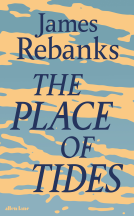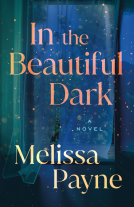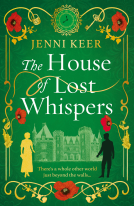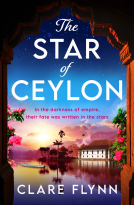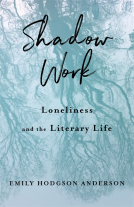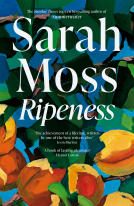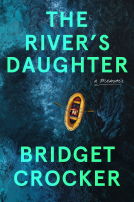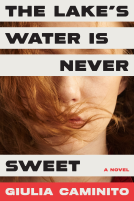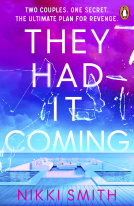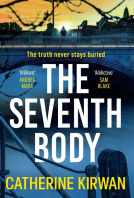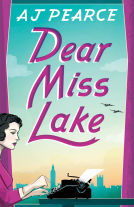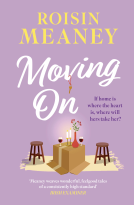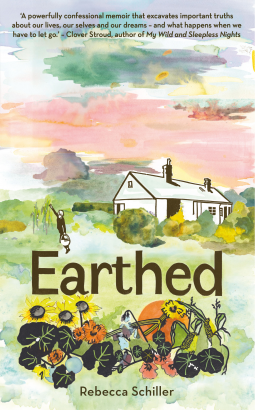
Earthed
A Memoir
by Rebecca Schiller
This title was previously available on NetGalley and is now archived.
Send NetGalley books directly to your Kindle or Kindle app
1
To read on a Kindle or Kindle app, please add kindle@netgalley.com as an approved email address to receive files in your Amazon account. Click here for step-by-step instructions.
2
Also find your Kindle email address within your Amazon account, and enter it here.
Pub Date 7 Jul 2021 | Archive Date 16 Jul 2021
Talking about this book? Use #Earthed #NetGalley. More hashtag tips!
Description
'A beautiful memoir of one small plot of land and one complex human mind; a story of our interconnection and an ambitious search for the truth.' Amy Liptrot, author of The Outrun
‘A powerfully confessional memoir that excavates important truths about our lives, our selves and our dreams – and what happens when we have to let go.’ Clover Stroud, author of My Wild and Sleepless Nights
***********
A courageous memoir for our uncertain times: Earthed is a story of the power of place to transform us, of dreams and nightmares on the land and of living in an unfamiliar world and a volatile mind.
After moving to a countryside smallholding, Rebecca Schiller finds her family's new life is far from simple. Overwhelmed by what she has taken on and reeling from the turmoil in the wider world, her mind begins to unravel. And so she turns to her two acres, and to the women of this land's past, searching for answers and hope.
Here, she stumbles on a wild space of imaginative leaps, where she begins to uncover the hidden layers of her plot's history - and of herself. As the season's shift, the ground under Rebecca's boots offers hard lessons, delivering unflinching glimpses of damage done to peoples and the planet and revealing brutal truths about the seeds she holds in her hands.
Yet as a New Year arrives, offering a life-changing diagnosis and then a global pandemic, Rebecca begins to move forwards with understanding: the smallholding has become her anchor and her family's shelter; an ancient oak tree her talisman and her guide. Because when we find ourselves lost in a strange land, we all need something to hold on to - a way to keep ourselves earthed.
Advance Praise
The “how I moved to a field and had a breakdown book” that desperately needed to be written. Incredibly bold, brave, poetic and absolutely beautiful: a fascinating insight into the mind.’
– Sophie Heawood, author of The Hungover Games
‘So honest, so raw and so vulnerable. This much-needed story of
resilience integrates history, myth and folklore, drawing on the histories of the people who have gone before and to whom this land once belonged.’
– Dr Pragya Agarwal, author of Sway: Unravelling Unconscious Bias
‘A lyrical journey through nature and the human heart. Inspiring.’
– Sarah Langford, author of In Your Defence
Available Editions
| EDITION | Other Format |
| ISBN | 9781783965496 |
| PRICE | A$29.99 (AUD) |
| PAGES | 304 |
Featured Reviews
 Melanie M, Reviewer
Melanie M, Reviewer
I do not know when or why, but one day I started following Rebecca Schiller on Instagram. I have always been drawn to people who garden, who move to the countryside for that smallholding experience, because at times I have toyed with that idea myself. I have mentioned before that I am incredibly curious about people’s lives.
Of course, I know that Instagram is a highlight reel for many of us, but something about her account always felt to me always more like “kindred” rather than just a random person to follow. So when I saw she had a book coming out, I requested it on Netgalley as soon as I saw it.
Now, I expected a story of her moving to the country, finding it a bit hard and how they overcame it together as a family. And yes this book is about that in a way, but it is also not that at all, because Rebecca has a story (or a multitude of stories) to tell about her move, what she feels is a mental health problem, you could say her unravelling, the stories she found in the land she inhabits and beyond, and the slow unveiling of a diagnosis and hopeful embarking on a way forward. (These are not spoilers.)
I grew up in the countryside and my grandmother had a huge allotment, I often joke I grew up somewhere between cabbages and runner beans as most of our life was spent on that allotment. So I have no illusion about the hard work it is to grow your own food and then like Rebecca must balance it with a career, a family, livestock and that nagging feeling of “What the hell is wrong with me? Why am I like this?”.
Writing about this book is a bit of a challenge if I am honest. Not because I did not love the book, heck, I love it a lot. So much. It is hard because I am trying hard to not make this about me, about how I felt while reading the book, what it made me think and contemplate. Staying with Rebecca’s story is so hard because a lot of it felt like mine. I read on Twitter this morning: “A story is not a mirror but a door.” And Earthed felt to me like a door. But talking about the door is for another day. Another time.
An aspect I loved is that Rebecca shared in so much detail how her brain works. How she will focus on something so much it becomes its own story; the brain leads to ever more detail about people and stories and it can be overwhelming but also incredibly calming. I just got her. Got all the stories. Got what she is saying.
I also loved that idea she contemplates a lot: that a smallholding is more than just a place where you grow food and keep a bit of livestock. It is land and that land has always been there, people have lived on it, passed through it, vegetation was there and then was changed, mostly by humans. A house is also a place where – especially in the UK – people have lived before us and that curiosity as to who they are and what they have been like is something I never knew other people thought about as well. In as much detail as I do.
Nature is naturally the biggest theme in this book, it is called Earthed after all. The earth, the garden, the land kept Rebecca tethered when she felt the ground was slipping underneath here and this not just in the proverbial sense. Growing flowers and food. Stepping outside to hug an oak when life inside gets too much. Marvelling at the flowers. Noticing. Observing. But never being quite still, just enought to keep going. I don’t think I have ever read a more beautiful metaphor for life.
The structure of the book may feel experimental to some as we switch between memoir and narrative elements, yet, I don’t think this book could be any other way, since it would otherwise fail to convey the reality in which the author found herself in.
I am going to grow some dahlias this year and when I look at them, I will think of this book and the door and be grateful it had been a book I did not know I needed to read, finding its way to me through just following someone on Instagram at some point.

